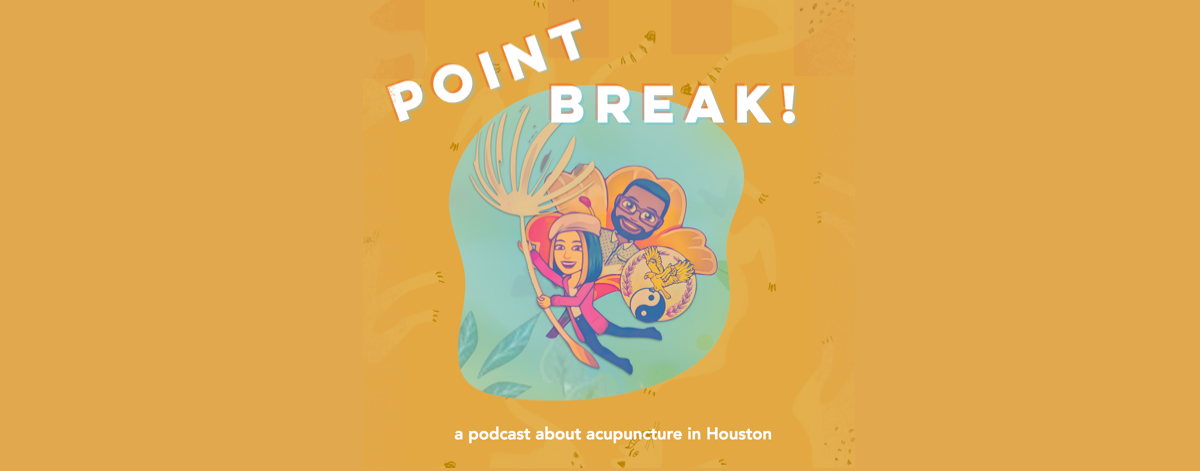Last spring, I had the privilege of working as a student researcher with the ACAOM (American College of Acupuncture and Oriental Medicine). A US-born college student with a background in STEM, I knew little about acupuncture coming in. But, I was eager to learn – and to understand how the Chinese medical model works in concert with the biomedical model I was more familiar with.
From my first visit, I was struck by the combination of peace and professionalism that is patient care at the ACAOM. Interns abide by the workflow of a 5-10 minute intake, a 5-10 minute debrief with a supervisor (analogous to an attending physician), followed by a 20 minute treatment session and subsequent discharge. For treatment, patients may receive acupuncture, TuiNa (an integrative form of bodywork, or massage), and/or moxibustion, and may be prescribed an herbal formula to take home with them. The entire process felt precise without being rushed, and I found I had many questions – about methodology certainly, but also about the trust between patients and practitioners at ACAOM, and how acupuncture fits into the broader landscape of healthcare patients accessed.
Luckily for me, in addition to shadowing interns, my research involved the creation of a podcast: Point Break. Alongside my classmate Eddie, I sat down with ACAOM interns, faculty, and non-affiliated professionals for interviews, and directly addressed my inquiries.
Our first guest, Dr. John Paul Liang, is the current President of the ACAOM and a licensed acupuncturist. We talked with him about the legacy of acupuncture in his family (ACAOM was founded by his father, Dr. Shen Ping Liang!), cancer stories, and acupuncture as a therapeutic for fertility and stress.
Our second guest is Dr. Michelle Ju, a 2022 graduate of ACAOM’s doctoral program in Acupuncture and Oriental Medicine. Dr. Ju pointed us to the advantage of acupuncture as a holistic system of healing, seeing themselves and other Chinese medicine practitioners in political movements, and bowel disease.
Our third guest, SJ Zanolini, is a licensed acupunturist and Ph.D candidate in History at Johns Hopkins University. They informed us of their career as a baker prior to pursuing acupuncture, the appeal of healthcare that is low-tech and applicable to one’s family and friends, and the importance of unpacking history – in particular “orientalism” – in the context of Chinese medicine.
Our fourth guest is Dr. Gregory Sparkman, ACAOM’s Director of Clinical Development and long-time faculty member. Dr. Sparkman was able to provide us with insight into ACAOM specifically as a Chinese medicine hub in Houston, emphasizing the school’s diversity – in race, class, and age – and the degree programs offered. He also shares how witnessing the usage of acupuncture on a heart attack patient inspired him to pursue the craft.
Our final guest is Charlie Trinh, an ACAOM doctoral candidate and game designer. Charlie worked at Disney as a computer programmer for six years before transitioning to massage therapy and eventually acupuncture. He shares with us his journey, his commitment to making Chinese medical education fun and interactive with an herb card game, and nutrition tips.
Point Break opened my eyes to the breadth and depth of perspectives that comprise the ACAOM and wider acupuncture community. Through shadowing, interviewing, and producing, I discovered narratives that challenged my assumptions about Chinese medicine and gave me a newfound appreciation for holistic, preventive healthcare.
It is my hope that this podcast can be as generative for you as it was for me.
Listen NOW
https://www.mrdlab.org/point-break or on Spotify.
 Our Degree Programs
Our Degree Programs